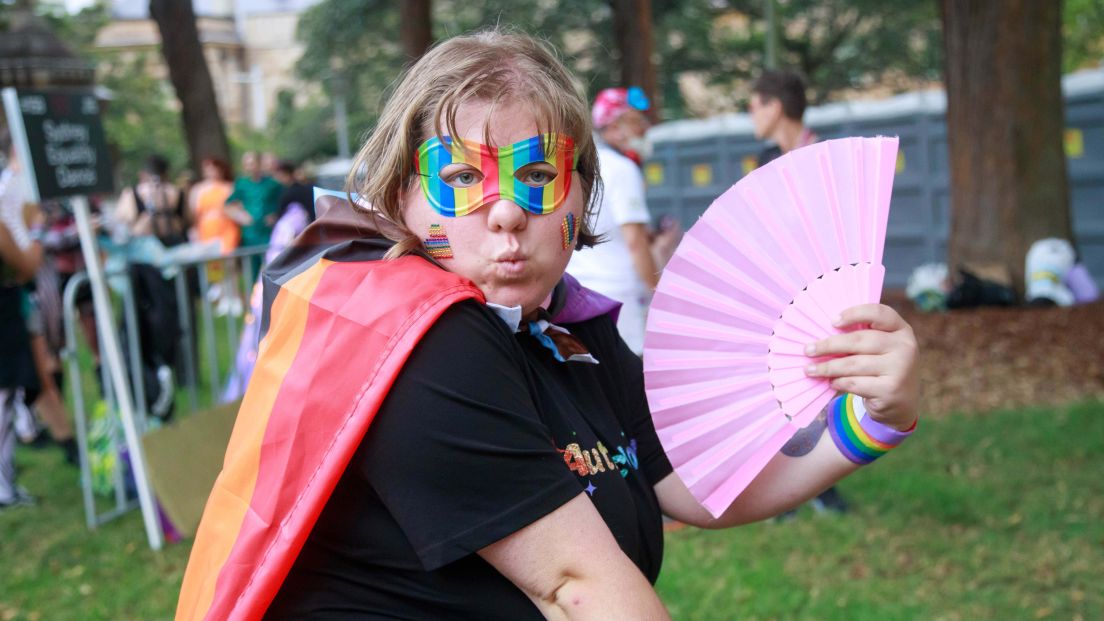Challenging behaviour is defined as ‘persistent behaviour that puts the safety of people at risk or that causes difficulties and limits a person’s ability to have a good life’. This does not include behaviours that are typically part of the autism spectrum such as ‘stimming’. Challenging behaviour is often described as “challenging” because it can challenge the person, and people who support the person to understand why it is happening and to work together to find a solution.
But before looking into what Positive Behavior Support is, it is important to outline what Positive Behavior Support is not.
What is not Positive Behaviour Support (PBS)?
- PBS does not include punishments
- PBS does not wait for challenging behaviour to occur and then react to it
- PBS does not try to make someone less Autistic by rewarding behaviours that non-Autistic people find desirable. For instance, making eye contact, or reducing or stopping stimming
- PBS does not include long hours of repetitive training
- PBS is not ABA (applied behaviour analysis) therapy
So what is Positive Behaviour Support (PBS)?
PBS is as a person-centred framework for situations where there is, or there might be a risk of, challenging behaviour.
PBS works towards making improvements in a person’s quality of life. Quality of life outcomes can only be defined by those people who are receiving support.
PBS is a blend of values & science. Key values of PBS include:
- Respect for diversity
- Inclusion
- Increases choice
- Equality of opportunity and human rights
PBS also uses evidence-based practice and gathers information about the person and behaviour from the person involved and those who know them best.
PBS understands that challenging behaviour occurs for a reason and is communicating important information about a person’s stress, distress, needs and skill development.
All challenging behaviour communicates important information.
When people are unable to communicate easily or are misunderstood, behaviour becomes a necessary way of communicating. The role of PBS is to find out what it is someone is trying to communicate.
As one author writes, “Many of the challenging behaviours exhibited by individuals with autism are better understood as unconventional attempts to communicate in the face of serious communicative limitations” (Schuler & Fletcher, Making Communication Meaningful, pg 130).
Importantly, PBS recognises the unique role and expertise of parents, carers and families of those on the autism spectrum. When an Autistic person is unable to advocate for themselves, families and carers may be best placed to help identify why a behaviour is occurring, support the development of a behaviour plan, and use strategies to prevent challenges and support new skills. When challenging behaviour involves a high level of risk or is complex, and behaviour strategies are not being effective it is a good idea for families and carers to get support from a registered Behaviour Support Practitioner.
Aspect uses PBS as one part of Aspect’s Comprehensive Approach which also includes ‘Individual Planning’, ‘Inclusion and Transition’, Structured Supports’ and four other areas of Autism-specific evidence-based support.

